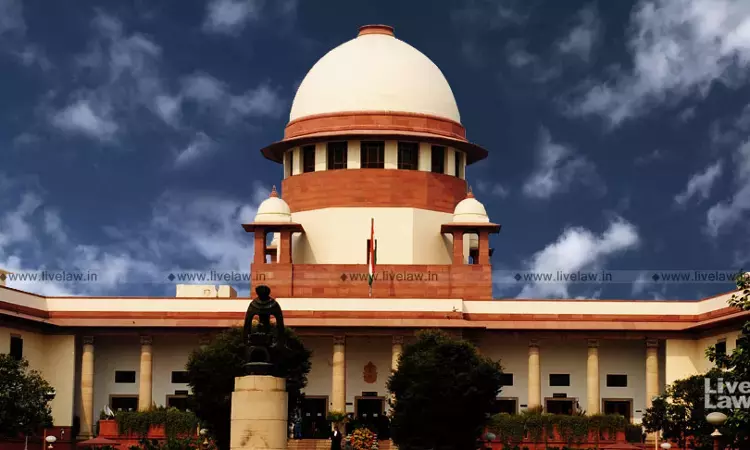Recently, the Supreme Court (on December 14), observed that in a case where the appellant/complainant was an interested sole eyewitness being the father of the deceased and had long enmity with the accused persons, his testimony has to be examined with great caution. The Bench of Justices Abhay S. Oka and Pankaj Mithal made these observations while affirming the impugned order of the High...

